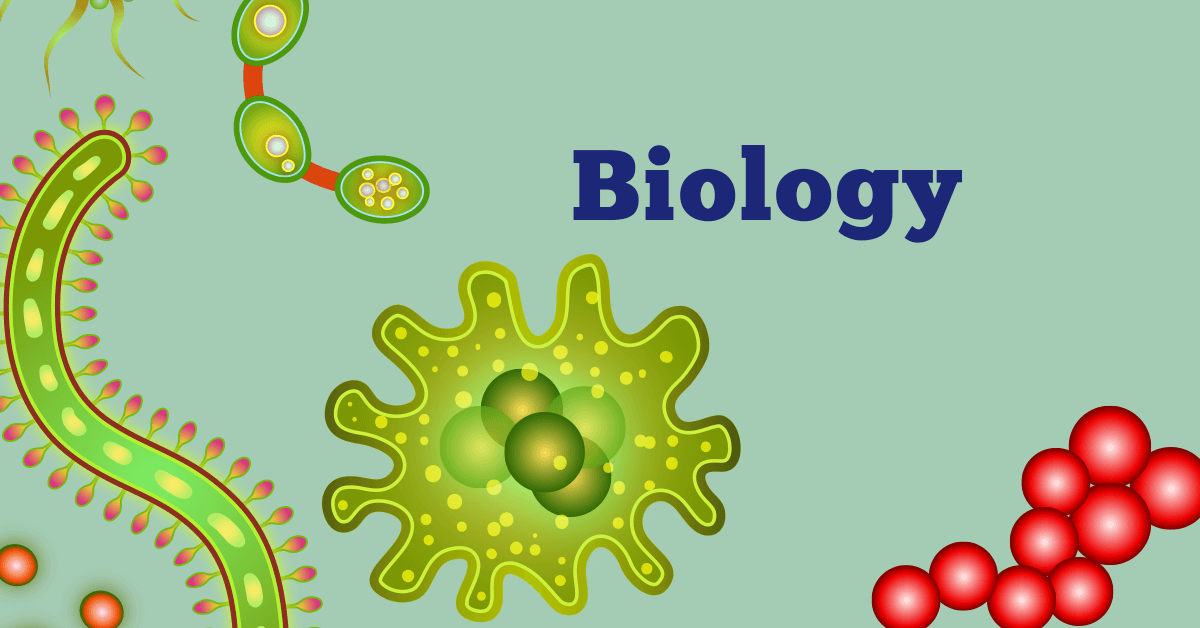What Does Biology Teach Us About Living Things?
 Tutorhelpme
TutorhelpmeBiology is the science that helps us understand life. It explains how living things grow, survive, and interact with their environment.
Biology reveals how all life forms are connected, from tiny cells to large ecosystems.
At Tutorhelpme, we believe learning biology is key to understanding the world around us—and ourselves.
In this article, we’ll explore what biology teaches us about living things simply and clearly.

What Is Biology?
Biology is the study of life and living organisms. It covers all forms of life—plants, animals, fungi, bacteria, and even viruses.
Biology teaches us about:
How living things are structured
How they function and survive
How they interact with each other and the environment
How they change over time (evolution)
Why Is Biology Important?
Biology helps us understand ourselves and the world around us. It answers key questions like:
Why do we get sick?
How do plants make food?
What keeps animals alive in harsh environments?
Here’s why biology matters in daily life:
It helps doctors treat diseases
It supports farming and food production
It guides environmental protection
It improves public health and hygiene
What Can We Learn About Living Things from Biology?
Biology teaches us many key facts about living things. Let’s break it down.
All Living Things Are Made of Cells
Cells are the basic units of life. Biology shows us how:
Some organisms (like bacteria) are made of one cell
Others (like humans) have trillions of cells
Cells carry out all life processes
Living Things Need Energy
All life needs energy to grow and survive.
Biology explains how:
Plants use sunlight through photosynthesis
Animals eat food for energy
Cells use energy to stay alive
Living Things Grow and Reproduce
Biology helps us understand:
How babies are made (reproduction)
How organisms grow from a single cell
How traits are passed down (genetics)

Living Things Respond to Their Environment
Organisms sense and respond to changes around them.
For example:
Plants turn toward sunlight
Animals run from danger
Humans sweat to cool down
Living Things Evolve Over Time
Evolution is a key idea in biology.
Biology teaches us:
Species change over generations
Useful traits help organisms survive
This process shapes all life on Earth
How Does Biology Help Us Protect Life?
Biology isn't just for scientists. It helps us make better choices.
With biology, we can:
Develop vaccines and medicine
Grow healthier food
Protect endangered species
Clean up polluted environments

Final Thoughts
So, what does biology teach us about living things? It teaches us how life works, why it matters, and how we can care for it. Whether you're a student, a doctor, or just curious about the world, biology gives you the tools to understand and protect life.
FAQs
What is biology in simple terms?
Biology is the science of life. It helps us understand how living things grow, function, and interact with each other and their environment.
Why should students learn biology?
Learning biology helps students understand the world around them. It teaches how the human body works, how animals survive, how plants grow, and why health and the environment matter. At Tutorhelpme,
What are cells, and why are they important in biology?
Cells are the smallest units of life. Everything alive is made of cells. Biology helps us learn how cells work and why they’re so important for health and survival.
What is evolution, and why is it part of biology?
Evolution explains how living things change over time. It shows how species adapt to their environment. This helps us understand where we come from and how life has developed on Earth.
Subscribe to my newsletter
Read articles from Tutorhelpme directly inside your inbox. Subscribe to the newsletter, and don't miss out.
Written by
